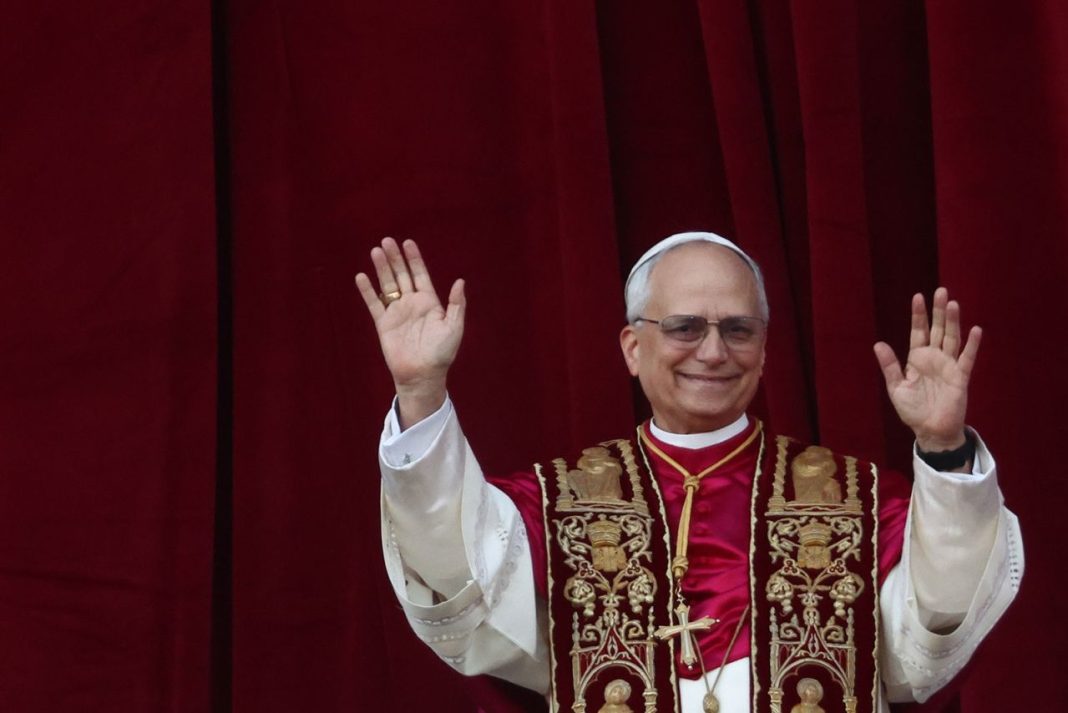VATICAN CITY — In his first official address to the global press corps, Pope Leo XIV made a forceful appeal for the release of imprisoned journalists and warned against the misuse of media and artificial intelligence, calling for a renewed commitment to truth and justice.
Addressing hundreds of media professionals in the Vatican’s Paul VI audience hall on Monday, May 12, 2025, the newly elected head of the Roman Catholic Church expressed deep solidarity with journalists detained for their work, describing their plight as a moral challenge to nations and international institutions.
“I express my solidarity with those journalists who are in prison for seeking and reporting the truth,” Pope Leo said.
“Their suffering challenges the conscience of nations and the international community.”
The pope’s remarks come amid rising global concerns about media repression. According to the Committee to Protect Journalists, 361 journalists were imprisoned worldwide in 2024.
Calling freedom of the press a “precious gift,” Pope Leo XIV insisted it must be fiercely defended. “Press freedom must be defended,” he said.
“The media must ensure that the precious gift of free speech is protected.”
The pope, elected on Thursday, used his inaugural message to the media not only to champion press freedom but also to challenge journalists to rise above partisanship.
“We must say ‘no’ to the war of words and images,” he said.
“We must reject the paradigm of war.”
He urged the media to focus on exposing injustice and inequality, and to avoid amplifying “fanaticism and hatred.”
“We do not need loud, forceful communication,” he added, “but rather communication that is capable of listening and of gathering the voices of the weak who have no voice.”
Turning to the use of artificial intelligence in journalism, Pope Leo issued a call for ethical responsibility.
Reporters and media organisations, he said, must use emerging technologies with “responsibility and discernment,” ensuring AI is applied for “the benefit of all of humanity.”
The pontiff opened his remarks with a light-hearted comment in English, joking about the enthusiastic applause that greeted his arrival.
“Thank you for this wonderful reception,” he said.
“They say that when they clap at the beginning, it doesn’t matter much. If you’re still awake at the end and still want to applaud, thank you very much.”







![Honouring a Rare Soul: Celebrating the Life of AVM Terry Omatsola Okorodudu [MUST READ] Air Vice Marshal Terry Omatsola Okorodudu](https://www.thetrentonline.com/wp-content/uploads/2026/01/Joan-and-Bidemi-Okorodudu-The-Trent-100x70.jpg)